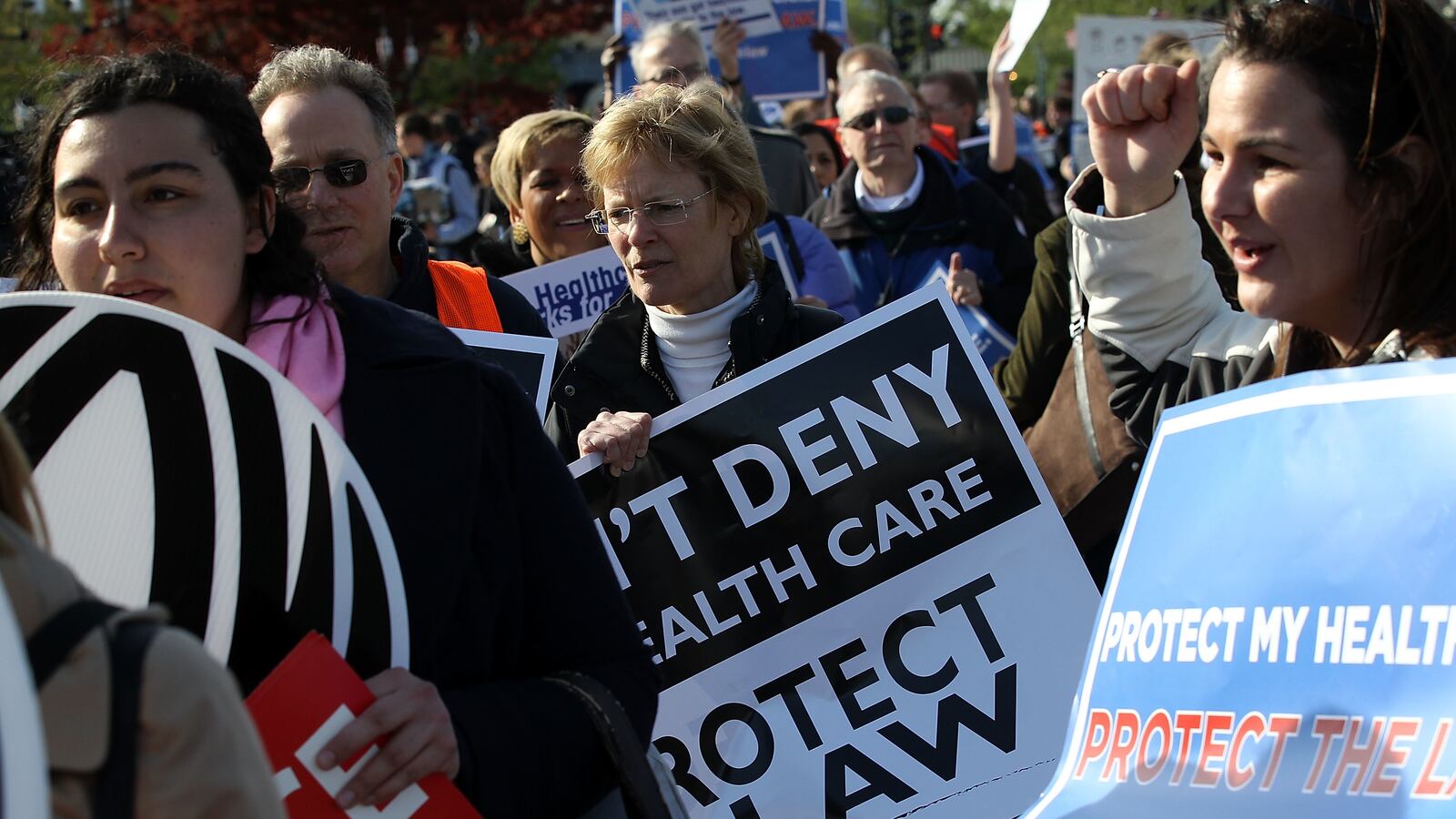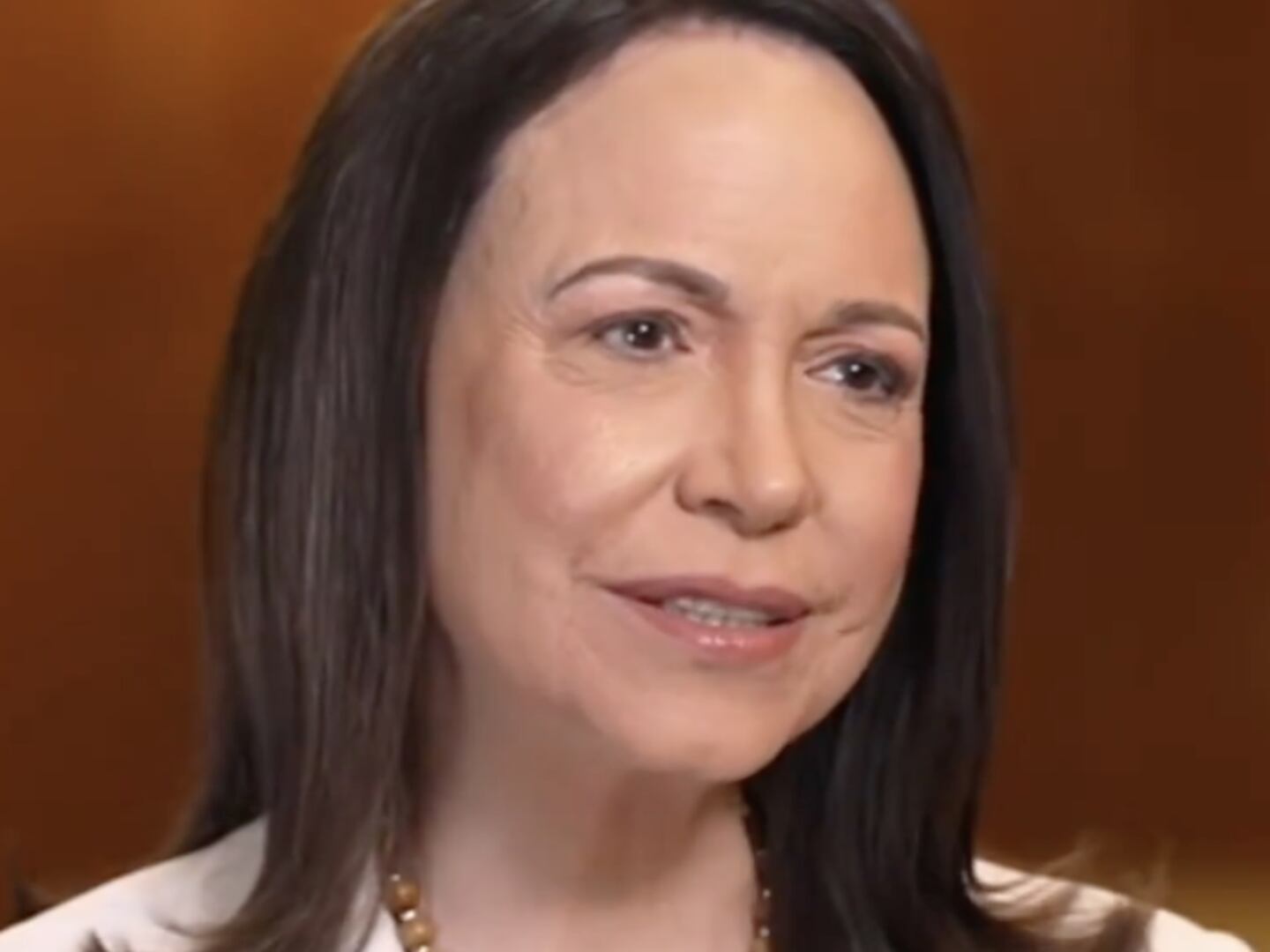
It's well known that despite the Affordable Care Act's more controversial features, there are many popular provisions that would be quite difficult to repeal, particularly the mandate to cover those with pre-existing conditions, which even the sharply conservative Pledge to America promises to support.
However as the Heartland Institute's Eli Lehrer argues Tuesday in the Huffington Post, you can't have this well-liked reform without the hotly contested individual mandate that makes it possible. Insurance companies would never agree to cover already sick people unless the had premiums from healthy people to offset these costs:
This is so for the same reason that property insurers won't write a policy on a house once it starts burning down and auto insurers won't pay to fix a car that's already in the shop...Thus, a mandate is part and parcel of covering preexisting conditions for everyone.
This is the reason why back in the early 90s many conservatives argued for healthcare reform centered around an individual mandate. Without the mandate, there is simply no other way to insure everyone without going to a single-payer system:
The result leaves opponents of Obamacare like me with a rather unenviable set of choices even if the Supreme Court does strike down some or all of the law: endorse some of its fundamental provisions to allow coverage for preexisting conditions or cede the healthcare issue entirely to the Democratic Party.
If the Court strikes down the individual mandate, Lehrer proposes a solution that has many foundational characteristics of the Obamacare individual mandate, but could get around the Court's decision:
End much of the Medicare, Medicaid, and SCHIP programs as they currently exist as well as tax incentives for employers to provide health coverage and replace them with an income and age-related individual subsidy. People would then buy their own insurance on the private market. Although such a system, based on grants useable only for health insurance, wouldn't be a "mandate" as such, it would have almost the same effective consequence since people would have fewer resources if they didn't buy coverage. (Just as they do if they pay a fine.)...I think that such a system would have enormous advantages over the current system as well as the one that President Obama wants to create. But, if we're really honest about it, it still has some of the same fundamental features.






